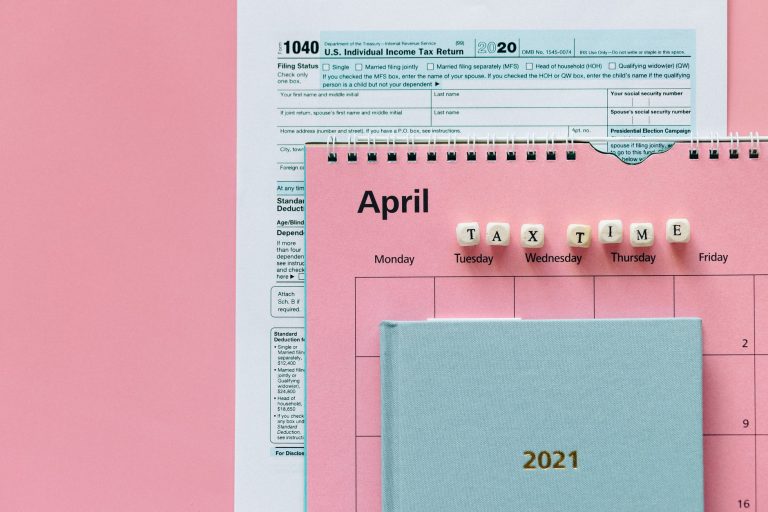As previously reported Reuters, Trump appointed Federal and State Judges dismissed more than 50 lawsuits filed by Trump and his allies alleging voter fraud and other irregularities. Independent experts, governors and election officials from both parties said there was no evidence of widespread fraud.
The issue of confirming election results in the states came to the fore after Trump alleged voter fraud and filed legal challenges that delayed certification in several key states that voted for President-elect Joe Biden. In Michigan, the Board of State Canvassers voted unanimously to confirm state election results, giving Biden 16 electoral college votes.
In late December, an assistant to Trump at the White House emailed Deputy Attorney General Jeffrey Rosen and other senior officials of the Justice Department to draft a legal letter the president wanted to file with the Supreme Court. After the Friday phone call in Georgia, Trump phoned lawmakers from battleground states such as Michigan, Pennsylvania and Wisconsin to discuss allegations of voter fraud in the presidential election. According to a person familiar with the calls, Trump was with his lawyer Rudy Giuliani, White House Trade Advisor Peter Navarro, Justice Department officials John Lott Jr. and Chapman University law professor John Eastman during the calls.
Emily Murphy, General Services Administration administrator and a Trump obama whose letters were signed by the sitting President, did not acknowledge that President-Elect Joe Biden could disrupt the transfer of power. Election officials expressed concern that the exhortation could lead to militias intimidating voters on November 3. It is unclear how the letter will affect the groups’ planning, but the report suggests there is no way President Trump will send it.
Acting President Donald Trump and his supporters have claimed without evidence [107] [108] that he is the winner of the presidential election 2020 and that large voter and voter count fraud in several swing states occurred. During the campaign, Trump filed a number of lawsuits against the election process, the vote count and ballot certification process in several states, including California, Georgia, Michigan, Nevada, Pennsylvania, Texas and Wisconsin. The Trump family expressed frustration that the Republican lawmakers have not rallied behind the president’s claims of voter fraud.
Trump’s efforts to undermine the election began before Election Day and gained momentum as Republicans passed legislation restricting voting and making it easier for partisans to interfere in more than a dozen states including key battlegrounds. Giuliani, the president’s lawyer, claimed the election was the target of fraud nationally. Trump allies also put pressure on officials in Georgia to overturn the election results.
On December 1, Attorney General William Barr said the Justice Department had found no evidence of widespread voter fraud and that President Trump would continue his legal efforts to reverse his defeat. The director of the CISA and Cybersecurity and Infrastructure Security Agency (CISA) Chris Krebs stated that there was no evidence that voting systems had been compromised and called the US presidential election of 2020, which Joe Biden prevailed [6] “the safest in American history”, provoking incumbent Donald Trump to fire him a day later.
A series of emails released by Democrats on the House Oversight Committee detail the unprecedented pressure campaign that former President Donald Trump, his chief of staff, and other allies conducted with senior Justice Department officials to challenge the results of the 2020 election in the face of his defeat to Democrat Joe Biden. Trump and Barr’s actions in this case represent a new level of brazenness but they also continue a long line of presidents and appointments who tried to use the Justice Department as a political weapon – beginning in the early days of Trump’s presidency when he began to criticize US Attorney General Jeff Sessions for recusing himself from the Mueller – investigation. Since then, it has been Trump who, with strong support from the Republican leadership in the Senate, has tried to politicize the judiciary and override the fierce objections of the civil rights and legal communities.
Kreis said that the phone call was not detached from a recent episode in which Trump reinforced a false conspiracy theory about the Raffensperger family in which he vowed to end the political career of such as Secretary of State Kemp to sustain a Biden victory in the election. Both Trump and Barr denied talking about the matter, but the president has regularly communicated with his cabinet on social media in the past and used Twitter to fire senior administration officials. True to his word, Trump has put a growing number of his own former political advisers in the dock.
In an hour long telephone call with Georgia Secretary of State Brad Raffensperger, Trump referenced disproved allegations of voter fraud and urged him to reverse the election and said he wanted to find 11,780 votes. He said Republicans had lost two Senate runoffs in Georgia and said voters had not voted in either case. In April, the company began conducting controversial right-wing election audits in Arizona and two other Trump-backed state legislators, one in Wisconsin and one in Pennsylvania, sent their own claims to election officials in their states.
Documents released by the House Oversight Committee on Tuesday describe President Donald Trump’s repeated efforts to pressure the Justice Department to pursue his unsubstantiated claims of voter fraud in the 2020 presidential election that could help overturn Joe Biden’s victory. The claims are the latest example of how he went from campaigning in his final weeks in office to delegitimizing the election. A series of emails released by Democrats on the House Judiciary Committee appear to paint a clear picture of how former President Donald Trump and his allies have tried to pressure the US Justice Department to investigate unsuspected allegations of voter fraud during the 2020 election.




